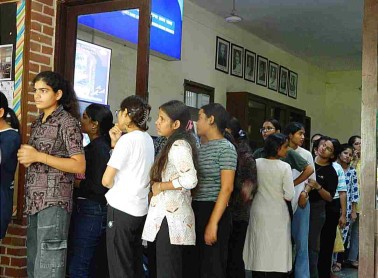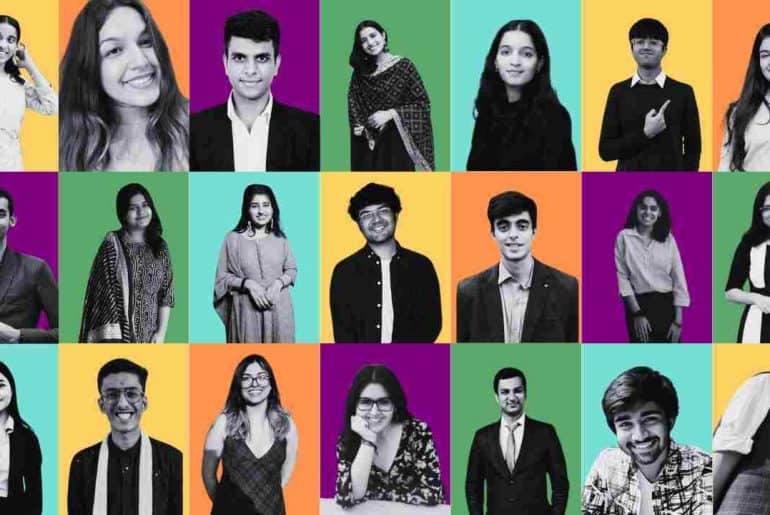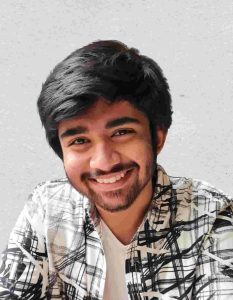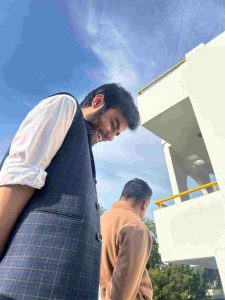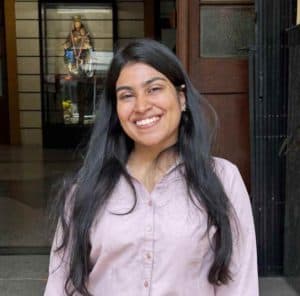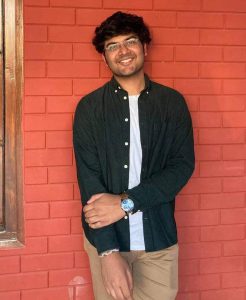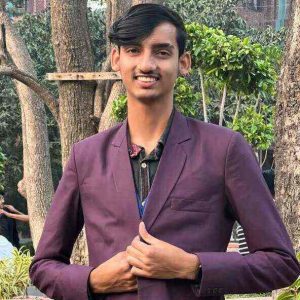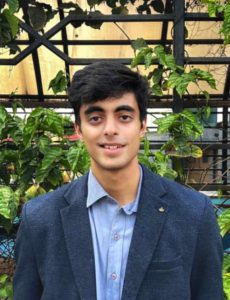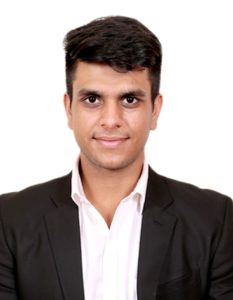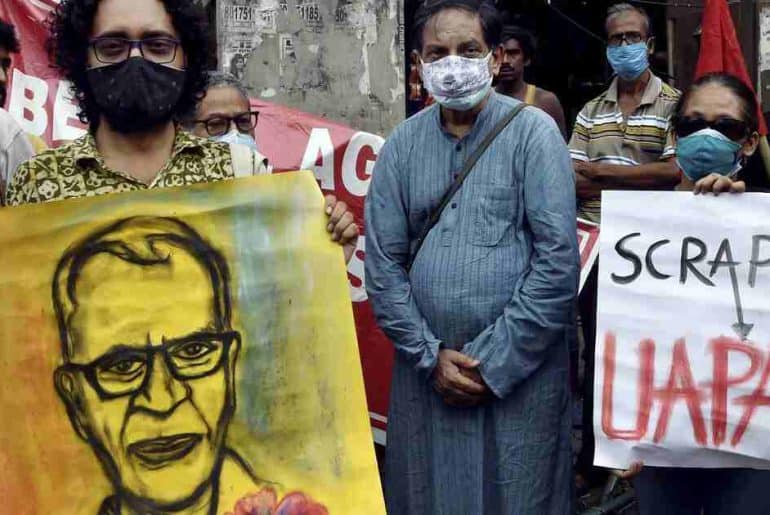This report aims to highlight the recent resignation of over 40 members, including office bearers, District Committee members, and general members of the All India Student’s Association (AISA), affiliated with the Communist Party of India (Marxist-Leninist) Liberation. It is important to note that the resignation letter was posted on the Instagram account of AISA Bangalore Resignation, while subsequent information was sourced from DU Beat’s conversation with the resigned comrades.
On February 15, 2024, over 40 members, including office bearers, District Committee members, and general members of the All India Student’s Association (AISA), Karnataka affiliated with the Communist Party of India (Marxist-Leninist) Liberation, announced their resignation. This announcement was made through an Instagram post and on an official resignation website they created. The resignation letter claimed problematic practices such as rampant misogyny, transphobia, patriarchy, glorification of hyperactivity, anti-intellectual attitude of the leadership, and trivialization of mental health, among many others. These issues were described as being perpetuated under the guise of progressive, proletarian ideology, which the mass organisation purported to embody.
The resignation letter also claimed that their approach to combating fascism in India neglects alternative strategies and prioritises electoral alliances over genuine resistance efforts. It was argued that the parliamentary opportunism, combined with the control exerted by AISA National and the Party over local units, stifles the political will and independent initiatives of young cadres, leaving them feeling disheartened and lacking confidence in their own abilities.
In an interview with DU Beat, Atika, Ex-member, AISA Bangalore; A, Ex-Joint Secretary, AISA Bangalore (CPI (ML) Liberation Party Member); and S, Ex-District Committee member, AISA Bangalore (CPI (ML) Liberation Party Member), discussed issues of abandonment, trivialization of mental health, and transphobia, among many other issues brought to notice.
Speaking to DU Beat, S highlighted the toxic culture within AISA Bangalore that devalues personal struggles and dismisses mental health issues. He shared that while a mental health resolution along with a gender resolution was passed in the first district conference of AISA Bangalore, despite that, no meaningful actions have been taken to address the issue.
The first edition of Spark Magazine had an issue written on mental health by me, but no actual structural change took place in the organisation, perpetuating a dismissive attitude towards mental health concerns.
Moreover, many members of AISA Bangalore have faced challenges balancing their revolutionary activism with personal responsibilities such as education, work, and mental health. Instead of recognising these challenges, the constrained structure within AISA trivialises and simply dismisses them.
Highlighting the cisheteronormativity and how neurodivergent issues were not taken seriously in AISA. A shared,
During a party cell meeting where issues related to transphobia were addressed and comrades apologised to me for questioning my queer identity, misgendering resumed as soon as they learned it was my birthday. After the meeting ended, they intentionally called me out and said, “Oh, it’s ‘his’ birthday.” Additionally, despite the positive reception of the Gender Line Forum by everyone, the leadership labelled it “Khak Panchayat.”
Such patriarchal, misogynistic, and cisheteronormative practices within the organisation, leading to a lack of inclusivity and representation for marginalised cadres, including women and trans people, worsened the state of an already endangered democratic platform. Highlighting how patriarchal attitudes were upheld within AISA Bangalore, S said,
The union members projected workers as having ‘issues’ working with women cadres.
Grievances raised by female members were dismissed, and attempts to address sequel harassment were met with slander and intimidation. In conversation with DU Beat, one such incident was revealed where the grievance was taken to AISA GSCASH, an institution convened by AISA, for ensuring gender equality. But a chain of events, ranging from slandering and isolation from all sides to receiving an unsolicited intimate image with no accountability from leadership, led the cadre to ultimately leave AISA. S added,
The leadership was heavily criticised for their inability to take adequate action, but they brushed the need to address structural changes by pointing fingers at the committee and appointed a new one instead.
Furthermore, a bureaucratic system characterised by a top-down approach exists, hindering organisational democracy, grassroots empowerment, and the ability to effectively address the needs and concerns of all members. S said,
There was bureaucratic functioning, wherein executives would simply delegate work to cadres, and disagreements, opinions, and criticisms would all be kept at bay.
This led to a lack of transparency, accountability, and democratic functioning within the organisation, with members feeling disempowered and disconnected from the decision-making processes. S also expressed the guilt stemming from such undermined effectiveness and legitimacy, stating,
While we were a part of this organisation, we were also leading others to an organisation that was not going anywhere, giving us a sense of guilt.” The executives’ meetings led nowhere, and the organisational structure was greatly constrained, with no accountability and shrinking spaces for democracy. The organisation seemed more concerned with projecting itself as a local party in leadership, prioritising national vision over the principles of what the organisation originally represents.
Abandonment of Cadres-1
During an interview with DU Beat, Atika expressed feeling abandoned by the leaders amid an incident she encountered while studying at Jain University. This incident involved her being asked to distribute Spark magazine on Jain’s campus and at another university, where she lost her phone. Concerned, her parents reached out to the authorities to locate her. However, instead of receiving assistance, she was slut-shamed, verbally abused, and intimidated by members of the management, including her Head of Department (HOD) and some faculty members.
Despite reaching out to senior members and leaders for guidance on how to handle the situation (considering the fact that I was new to the organisation and unaccustomed to such a hostile political environment), I received no support. I tried seeking guidance from senior members and leaders within the organisation on how to navigate through the targeted harassment, facing the HOD, and other concerns, but I found myself utterly abandoned. Faced with constant threats and intimidation, I had to drop out and restart my degree elsewhere. Given my financial constraints, the situation became even more challenging.
Abandonment of Cadres-2
S continued to elaborate, sharing another instance of facing similar abandonment in another issue, where last year, some members of the Christ University unit of AISA took a stand against strict attendance policies and money-laundering practices by the university.
We created posters to highlight issues and student demands, placing them in nearby student-populated areas like hostels and eateries, avoiding the campus. Later, we were summoned by the police, citing CCTV footage showing us and four others posting the posters. Despite seeking clarification with AISA leaders, the police harassment continued, leading to anxiety within the unit. Eventually, the university took action; I was detained and had to abandon my degree, despite being in the final year, while my comrade was barred from exams.
When asked about how the AISA leadership handled this incident, S continued and replied that initially, a few members of the leadership did accompany them to the police station and attempted to mediate, but, following the university’s punitive actions against them, the leadership’s presence became almost non-existent.
When my father reached out to a leader seeking legal assistance to address the matter, none was provided. Despite the leader being an experienced lawyer himself, he distanced himself from the situation by claiming that nobody in the organisation had expertise in educational law.
Furthermore, he noted that after several weeks of deliberations, a District Committee (DC) meeting was convened. Subsequently, a joint meeting was held where various proposals, including protests, legal action, and others, were discussed.
It’s crucial to note that throughout this period, the leaders failed to inform the rest of the members, and even the majority of the District Committee members were unaware of the incidents that had been unfolding. Despite us being willing to accept the potential risks of legally challenging the detention, we were discouraged from pursuing this avenue.
The leadership agreed to these proposals, expressing readiness to take action; no tangible steps were taken afterward. Given all of these circumstances, along with the educational pressures I was facing, I made the decision to step down from the district committee.
Political Façade or Genuine Commitment?
When questioned about whether the claimed ideologies are genuinely upheld within the organisation, S emphasised how some of the joining cadres were truly committed to fighting against the issues.
It’s notable that the cadres who join are the ones truly committed to fighting against the issues. They demonstrate sincere efforts and hold positive aspirations to address these concerns in their own capacities. However, the series of events highlighted a clear neglect of queer and women’s issues, alongside other concerns mentioned within the organization. Some individuals have worked tirelessly to uphold democratic and progressive ideals.
On remarking about the leadership’s inconsistency and failure to address important matters, S shared that while they understand no organization is perfect, their departure was preceded by a long chain of progressive efforts undertaken and meaningful initiatives before they decided to part ways with the organization. S expressed that while these issues remain prevalent in society at large, it was their deep-rooted presence within the organization, accompanied by the leadership’s inability to take action and recognize the issues, that acted as a trigger and intensified their long-felt feelings of dissatisfaction and dejection with the organization.
We understand that every organisation faces challenges, and it’s natural to encounter such issues. However, before any action can be taken to address them, acknowledgment is crucial. The first step is acknowledging that these issues exist. The leadership’s inconsistency in addressing these matters and failure to promote collective decision-making have been evident.
When asked about how things have been post-resignation, especially with the matter being discussed on social media, A replied, “There are cheap slanders and memes being circulated post our resignation.
Expanding on this, S continued, expressing concern over false claims suggesting that they hadn’t contributed anything to the organisation.
This is nonsensical considering the significant designations we held. How could we have reached such positions if we hadn’t actively worked for the organization? Moreover, the president resigned alongside us. If we supposedly didn’t work, how did we attain positions like that? All of this happening clearly hints at a lack of accountability and denialism on their behalf.
S also added that out of 4 college campus units, 3 have resigned, leaving the organisation half as strong. Addressing these concerns requires open dialogue, active listening, and a commitment to collective action.
DU Beat also attempted to contact members of AISA Karnataka for their perspective on the concerns raised by exiting comrades, but has not received any response as of yet.
Read Also: ABVP and Left Front Clash Ahead of JNUSU 2024 Elections
Featured Image Credits: AISA Karnataka X Account (previously twitter)
DU Beat

